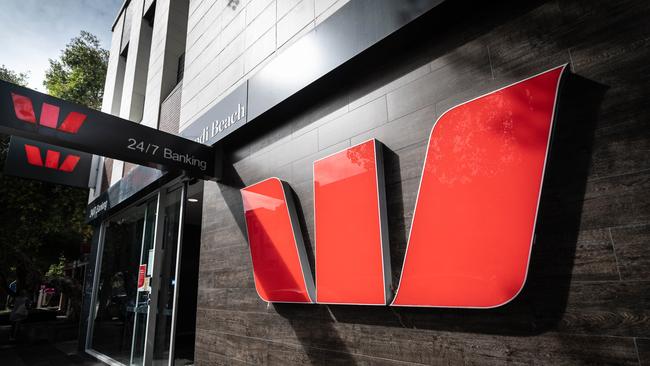RBNZ report finds ‘material shortcomings’ in Westpac NZ board
The Reserve Bank of New Zealand says Westpac’s local board needs ‘significant improvement’ in its risk governance following historic under investment.

The Reserve Bank of New Zealand has again lashed Westpac New Zealand over its risk governance shortcomings, saying there had been material shortcomings in the board’s oversight and “significant improvement” was required.
Releasing an independent review commissioned last March from financial consultancy Oliver Wyman, RBNZ deputy governor Geoff Bascand said the central bank’s concerns about Westpac’s risk governance processes and practices applied by the board and management were well-founded.
“In short, the risk governance of Westpac NZ’s board needs to see significant improvement,” Mr Bascand said.
“The report’s findings highlighted material risks to effective risk governance and noted that the role played by the board fell short of the standard expected of an organisation of the bank’s scope and scale.
“In some cases, issues that had been acknowledged by the board for several years had not received due attention or effective remediation.
“The report found there had been historic underinvestment in risk management capabilities at the bank with investment appearing reactive, rather than strategic.”
“The board has recently been refreshed which, along with changes made to the board’s processes have addressed some of the report’s findings, but there is a lot more to do.”
The RBNZ ordered Westpac to commission two independent reports to address its risk governance concerns after a series of lapses in recent years.
Most recently, there was a significant failure to correctly report liquidity in line with the central bank’s requirements.
Westpac also continued to operate outside its own risk settings for technology for a number of years.
In addition to the Oliver Wyman report, the RBNZ ordered a separate report to provide assurance that the actions taken to improve the management of liquidity risks, and the culture surrounding it, were effective.
The RBNZ increased the bank’s required holding of liquid assets – cash or assets that can be easily converted into cash – until it was satisfied that the remediation work was complete and effective.
Westpac, which is led by Peter King, said on Thursday that it accepted the findings of the Oliver Wyman report and was well-advanced in addressing its recommendations.
The bank said its new Westpac NZ chair Pip Greenwood, who took on the role in early October, agreed that strong risk governance and a strong risk culture were fundamental requirements for banks.
“We have always aimed for high standards of risk governance but acknowledge that in the instances identified we fell short,” Ms Greenwood said.
Since the independent review had been commissioned, she said, a new chair and six “highly experienced” directors had been appointed.
The bank had also followed up “immediately” on other recommendations, including restructuring committees and overhauling the way information on risk was provided to the board.
Investment in risk management had been significantly increased.
“We’ll continue to review the collective skills on the board as the bank’s needs evolve, and I’m confident the mix of capability and experience we’ve not built, alongside the program of work underway, sets us up well for the future,” Ms Greenwood said.
Mr Bascand said Westpac NZ had already made progress towards implementing the review’s recommendations.
“We expect Westpac NZ to prioritise remediation in line with the report’s recommendations and will be closely monitoring their efforts to ensure that they are effective,” he said.
Westpac shares were down 0.6 per cent at $21.66 in a slightly higher market on Thursday afternoon.



To join the conversation, please log in. Don't have an account? Register
Join the conversation, you are commenting as Logout